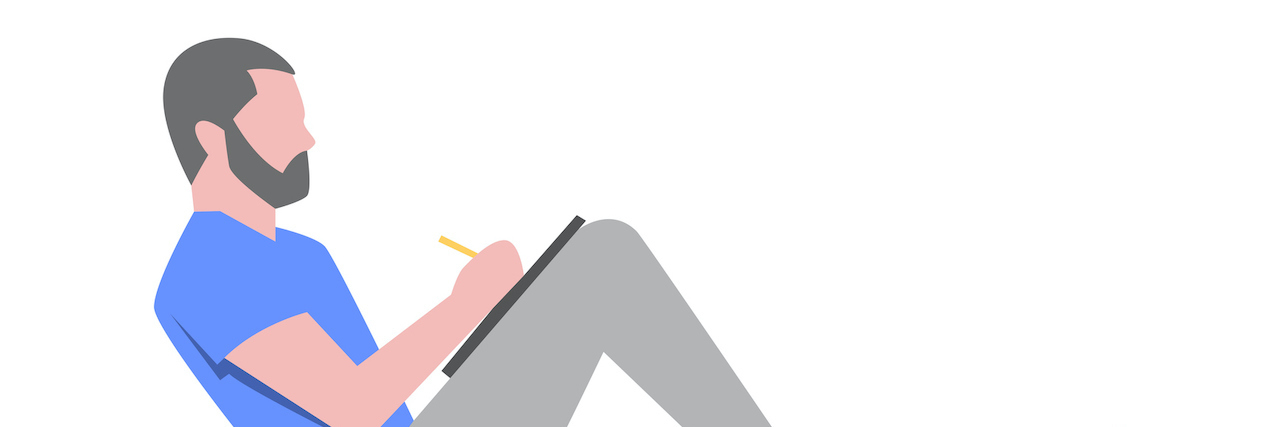I’m bored as I write this, and I hate boredom. I don’t enjoy feeling like I have nothing to do, or nothing meaningful to do. Not even a little bit. A trend that I’ve noticed in myself is when I’m bored, I very much desire to play video games. I think it originates in my high school and college years; that’s what I usually did when I was bored. But chronic illness means I can’t play video games anymore, so it’s harder to flee boredom.
I’m sure I could play if I forced myself to. As I engaged in repetitive motions to control the game (whether controller or mouse and keyboard), the nerves and tendons in my forearms would protest a little at first, then a lot. Not only that, my time I could spend sitting or standing is very limited, and I’m sure if I thought about it more, I’d rather send my sitting and standing time on something else.
I know these things. I know what would happen if I tried to play game right now. Even still, knowing that truth doesn’t take away the desire to flee boredom. The desire and the emotions are still there: frustration I physically can’t do things that I want. Fear of boredom. Uncertainty about what my hobbies should be now.
I haven’t lost all my hobbies. Some, I’ve had to alter. I still read, but since sitting is limited, I can’t binge read a novel in a day like I used to. I read during meals because I already have to sit to eat, so I might as well also be reading. A book stand means I don’t have to hold the book with my arms or crane my neck. I can still play board games with friends, although I do it laying down from the couch. I can still write, although now I type everything by voice.
Some hobbies are gone entirely and there’s no way for me to make adaptations to bring them back. Hiking is out when 10 minutes of standing per hour is normal and 30 minutes of standing all in a row is a really great day. So is most exercise (though thankfully I can still swim). So are most social gatherings unless I preemptively ask if there’s a couch I can lay down on.
Losing a hobby is a definite loss. There is no way around that. Any loss should be grieved, but it can be really hard to give ourselves the space to grieve. And even if we do, it can be hard to accept and move on.
Even still, losing these hobbies isn’t all bad. My life needed pruning because I was overinvolved and too busy. Needing to lay down all the time due to pain has a great way of eliminating all that is unnecessary (and also eliminates some necessary things too). It probably wasn’t the best use of my time to binge read a book all in one day, so the fact that I need to read slowly, in small chunks during meals has been overall good for me. Video games already were a hobby I wasn’t sure I wanted to keep in my life, and my arm and hand issues made that decision for me automatically. I might not have ever chosen to give them up if it hadn’t been forced upon me.
It’s been transformative in a way that I probably wouldn’t have chosen. I can see good in it, along with the pain of loss.
I mentioned before that boredom prompted me to write this. I still feel the strong desire to run away from boredom with a hobby I’m no longer physically capable of doing. I could’ve tried to fill it with comedy videos and that wouldn’t have been a bad thing, but instead I decided to write. so you can hear some of my story. Hopefully it starts you thinking about your own story and the hobbies you’ve lost, but not just the loss, but the ways it’s transformed your life in a larger and wider-reaching way.
If it wasn’t for chronic illness, I wouldn’t be writing this right now, but I think writing this has been a much better use of my time than any video game ever could have been.
Getty image by msan10

